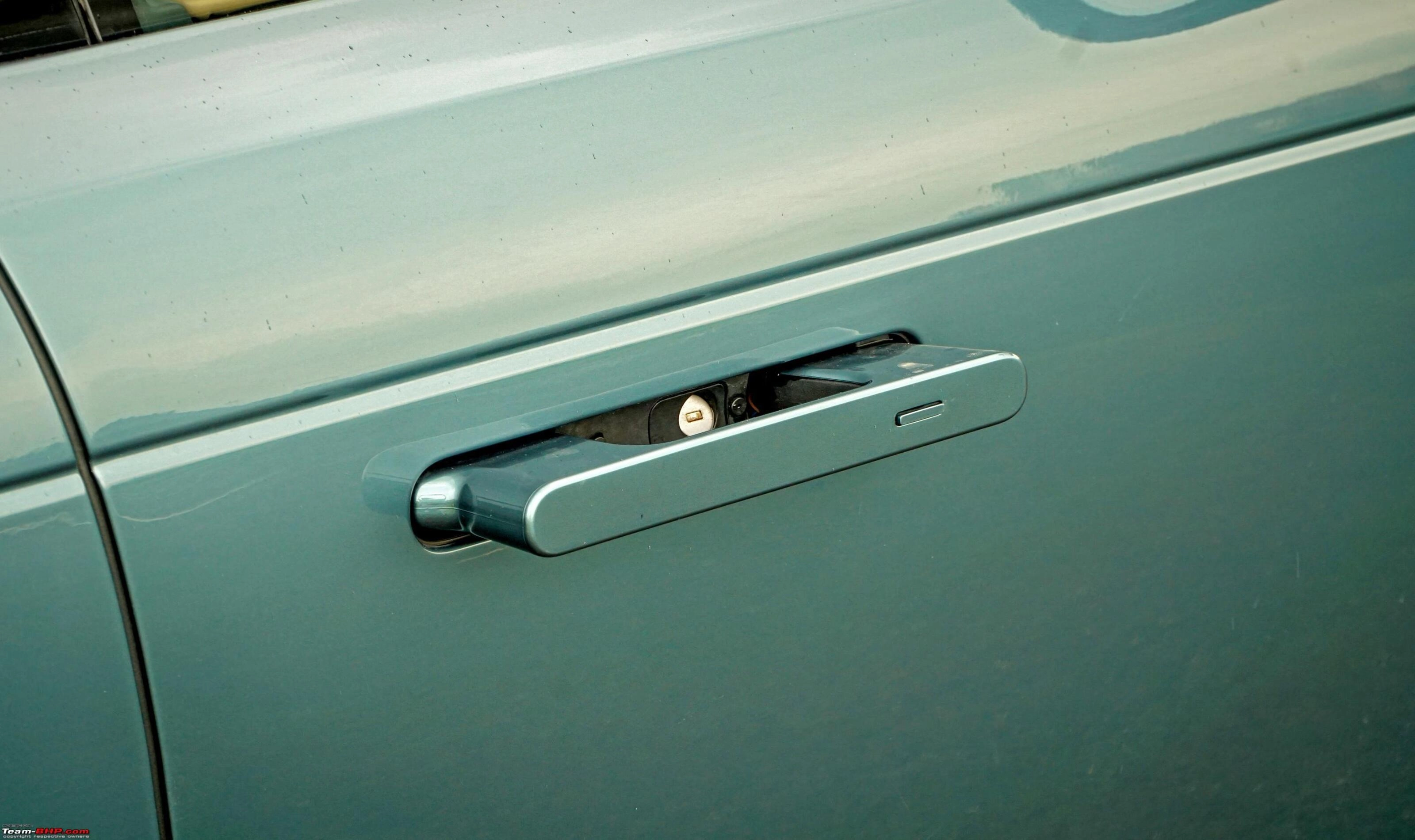As Volvo Cars celebrates its 96th anniversary worldwide, Volvo Car India and its business partners join in the festivities. Volvo Car India personnel drove a fleet of Volvo automobiles on the roads of Delhi NCR to celebrate their brand and its legacy. Mr. Jyoti Malhotra, Managing Director, is driving their all-electric vehicle XC40 Recharge. Business partners are celebrating by deepening their connections with customers.
"Today, we celebrate 96 years of technical excellence and globally benchmarked safety standards, and what better way to do so than by showcasing your product?" This is the source of our motivation today. "96 years has been a long journey, and as we prepare to become an all-electric company by 2030, we in India commit to even higher levels of customer satisfaction," said Mr Jyoti Malhotra, Managing Director Volvo Car India.
The creation of the three-point seat belt, which has saved millions of lives, is one of Volvo Cars' biggest contributions to the worldwide vehicle industry. Volvo invented the three-point seatbelt as we know it today, and in the best interests of everybody, the business made the patent accessible for other manufacturers to use. Volvo was also the first manufacturer to provide three-point seat belts as standard equipment in their vehicles, beginning in 1963. Volvo envisions in-house created next-generation software as its "three-point digital seatbelt" driving cutting-edge state-of-the-art safety features in the company's future vehicles.
Volvo Car introduced over 80 years of global knowledge and technological superiority to India. Since then, cutting-edge innovation has continued to appeal with Indian customers.
Volvo introduced their first all-electric car, the XC40 Recharge, in India last year, and they expected to debut their second electric vehicle, the C40 Recharge, this year. Volvo Car India has committed to launching a new all-electric vehicle every year, beginning with the XC40 Recharge. Volvo has said that by 2030, it would solely build electric vehicles.
Volvo is dedicated to both human and environmental safety. The objective is to set the maximum level of safety for all future models. Volvo Cars anticipates that sophisticated features such as LiDar sensors, radar, cameras, and other sensors will be used to enhance until there are no more incidents or collisions. Volvo's future models will be linked to human behavior, with an emphasis on unforeseen crashes, driver behavior, and speeding.
In addition, the company prioritizes lower carbon emissions from all of its vehicles. The adoption of a catalytic converter in future automobiles, which transforms the carbon monoxide produced by the combustion process into carbon dioxide, makes this possible. Volvo is employing recovered ocean trash plastic in their automobiles to be more ecologically friendly.






.webp)
.jpg)